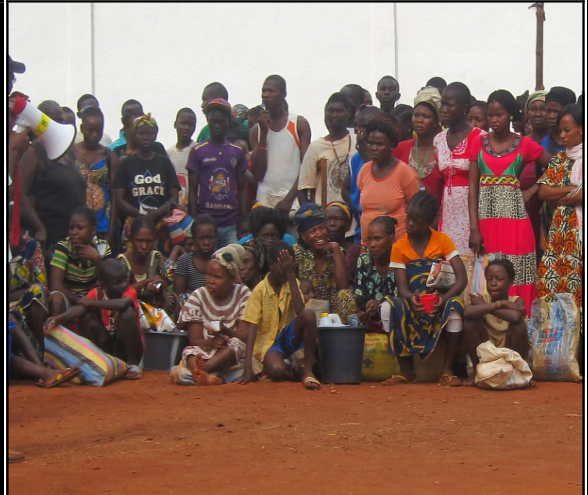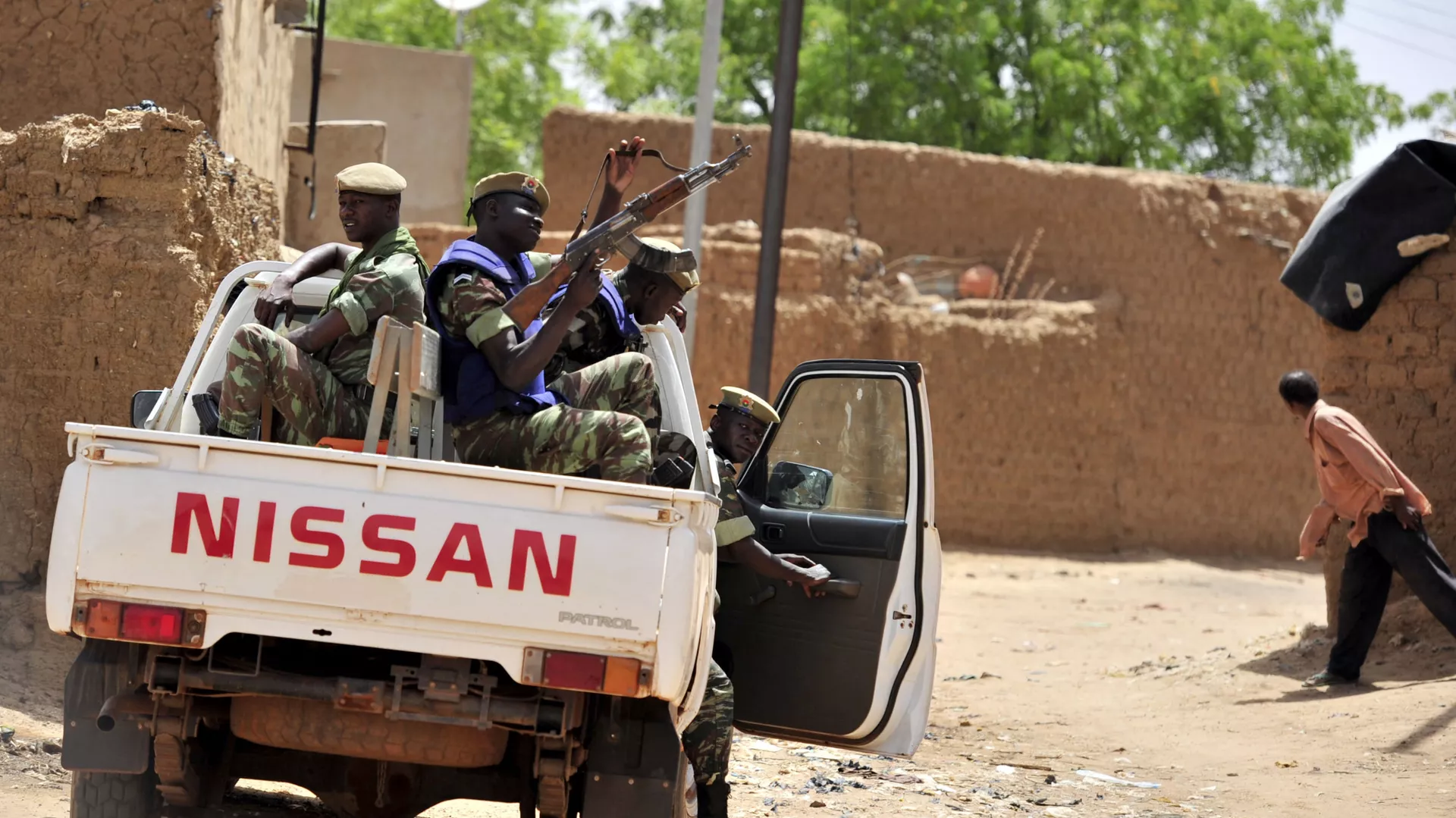Press Release
…………………………………………………………
Today, Tuesday, 9/5/2023, the Egyptian Coalition for Human Rights and Development (ECHRD) issues its report ‘Drama and the Reality of Human Rights’, which deals with drama and its positive and negative effects in supporting and rooting human rights values in society through several axes, represented in clarifying what is meant by drama, explaining the role played by drama in raising awareness of human rights, analyzing the negative and positive impact of drama on human rights with the presentation of some examples of Egyptian dramas, presenting the efforts of the National Council for Human Rights (NCHR) in supporting dramas that work to spread awareness of human rights, and presenting some proposals to increase the effectiveness of drama in positively affecting human rights.
The report pointed out that television drama has a role in promoting a culture of human rights and spreading awareness of them among citizens. It is considered one of the most important arts that have the ability to indirectly address issues of public concern and can, if exploited to influence its capabilities, support human rights values and work to spread the culture and principles of human rights.
There has been a tangible development in the interest of television drama in human rights issues and principles. Some dramas have recently helped to spread a great degree of awareness of some human rights issues, but on the other hand, many dramas did not help to support and consolidate human rights values in society, but rather helped to spread negative and anti-human rights values and customs in society.
One of the most important problems associated with satisfying the social experience that TV dramas carry out is the process of creating a stereotyped image of society, because drama may deliberately paint an unrealistic picture of people, relationships or orientations of a society in order to raise the level of attraction, which creates an unrealistic pattern about an entire society in front of viewers.
TV drama makers often exploit people with physical disabilities such as short stature, obese, mentally retarded or destitute to make them a subject for bullying and laughter of the audience. This encourages people to follow dangerous collective behavior in dealing with this segment in real life.
Among the dramatic models that dealt with the issue of polygamy in Ramadan 2023 in a negative and insulting way to women, is the series Jaafar Al-Omda, presenting the bad model of social drama, despite achieving a high viewership, due to its reliance on the dramatic mixture, such as the one who divorced her husband without his knowledge and married another, so the divorced husband saw her in her wedding and was surprised that she was living with him in sin. as well as Jaafar, who is married to 4, all of them live in one house. The strange thing is that the three wives are angry at his marriage to a fourth. The series has a defect in the dramatic justifications, as well as in its treatment of wives is an insult to women, as well as the mother in law’s treatment of wives with insult and violence. Slapping someone across the face is against human rights.
Television drama has succeeded in many works in presenting the values of human rights in an honorable manner and contributed to strengthening them, whether in the field of freedom of expression or the human right to life and work, in raising violations of contemporary women’s rights, raising awareness of the value of human rights, emphasizing equality, rejecting discrimination on the basis of sex, religion, sect or political belief, and supporting the national unity of citizens regardless of their differences.
The Egyptian Ramadan drama for 2023 presented a diverse map, suitable and accommodating different tastes and age groups in Egyptian society, to find ourselves in front of a dramatic combination that accurately blended its elements, and drew its broad outlines according to a clear strategy that provides meaningful content. Cartoon works were presented directed to children of all categories, as deaf and mute children were not overlooked by presenting sign language on the screen through the series Yahya and Kunooz 2, to be a means towards consolidating cultural identity and building the minds of young people with positive and purposeful thought, and embodying women’s issues and violence against them, who also had a share to convey their suffering and attempts to violate their rights.
The series Under Guardianship/Taht el Wesaya, which aired from the second half of the month, also discussed an important issue related to women, which is the guardianship law, which women suffer from after the death of their father or husband.
It is noticeable that the tone of attention to the conditions of women, and the clarification of some misconceptions regarding rights and duties between spouses, has become a dominant feature in the media discourse in general recently. It is more evident in Ramadan productions as well as media materials. However, it is necessary that the works that concern the issues of just women in society be more than that, in light of the spread of societal negatives that women fall victim to, especially the violence against them that reaches the level of killing in broad daylight. Also, the boom in women’s drama in recent years is partly due to the official interest in women’s issues and attempts to correct their situation through various initiatives. There are women who hold the position of governor and important ministerial portfolios.
The report concluded with a set of recommendations represented in the following:
- • The need to study the cumulative effect of drama on human rights and realize its importance, and to encourage studies and research by dramatists in the fields of human rights education.
- Work on producing national dramas in the form of limited episodes on viewing platforms, to support social dramas with the values of belonging and national identity.
- The need to think seriously about making the arts, especially drama, among the means of teaching and spreading the culture of human rights, in deliberate coordination with workers in this field, by holding training courses for them in the field of human rights education, and the need to coordinate with academic institutions about the possibility of holding a training course for writers and directors of drama in the field of human rights.
- Groups and organizations working in human rights must adopt, in coordination with one another, the establishment of a theater festival under the slogan of respecting human rights as a basis for coexistence, for example.
- The Performing Arts Union, considering it one of the civil society organizations, should lead the drama makers to contribute to the major issues of the nation, by working to spread the culture of human rights.
- Interest in producing and presenting Egyptian television dramas that are compatible with the human and ethical values and principles of the Egyptian society.
- Be careful not to show too much scenes of behavioral violence and crime in TV dramas.
- Take care to set bad endings for the dramatic characters who commit crimes, whether by exposing them to legal punishment or some bad endings that serve as a lesson and a warning against committing crimes.
- Not to exaggerate in displaying and presenting scenes of moral and behavioral deviation of some dramatic characters, as these dramatic characters must be role models and ideals for young people in Egyptian society to follow in their behaviors.








